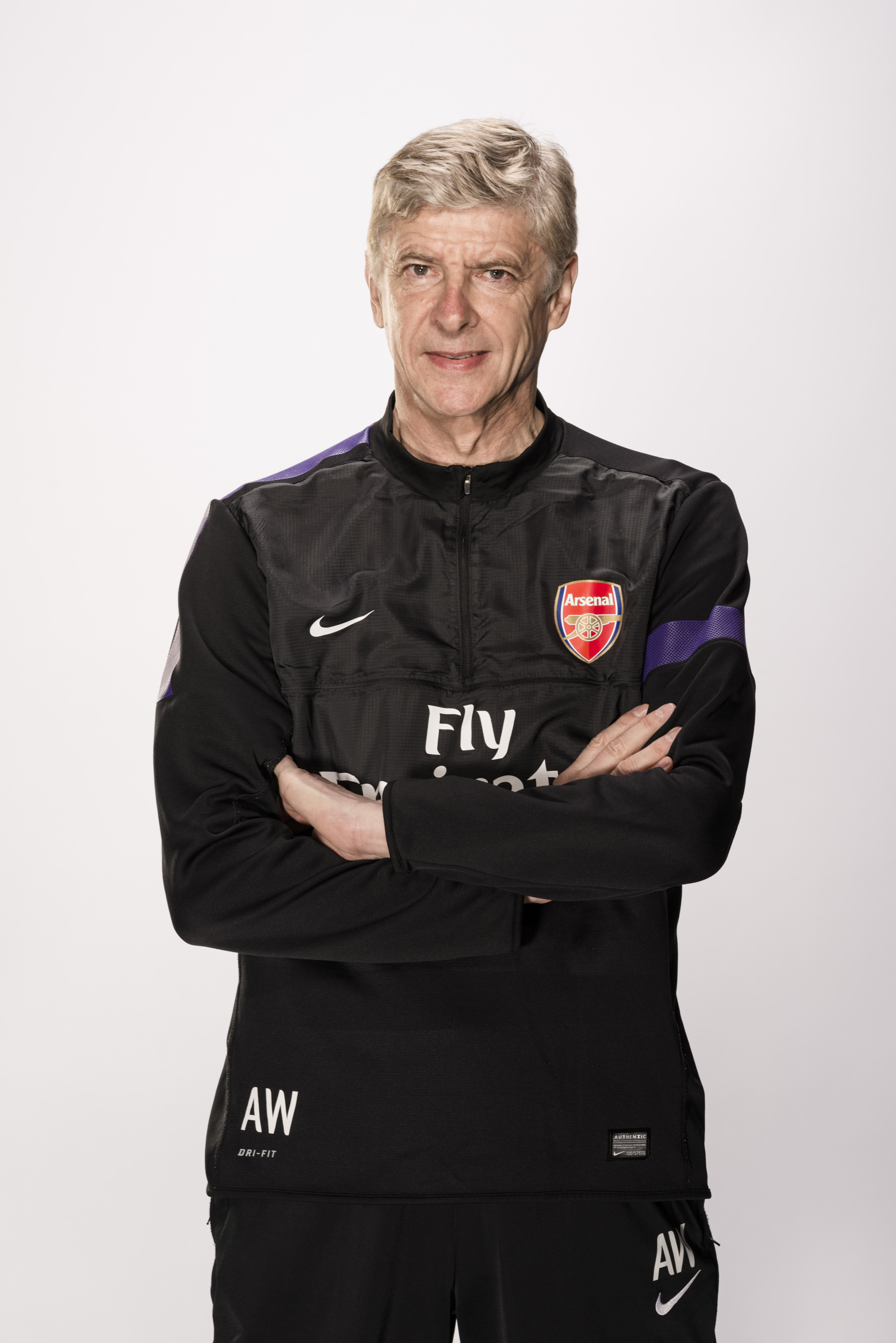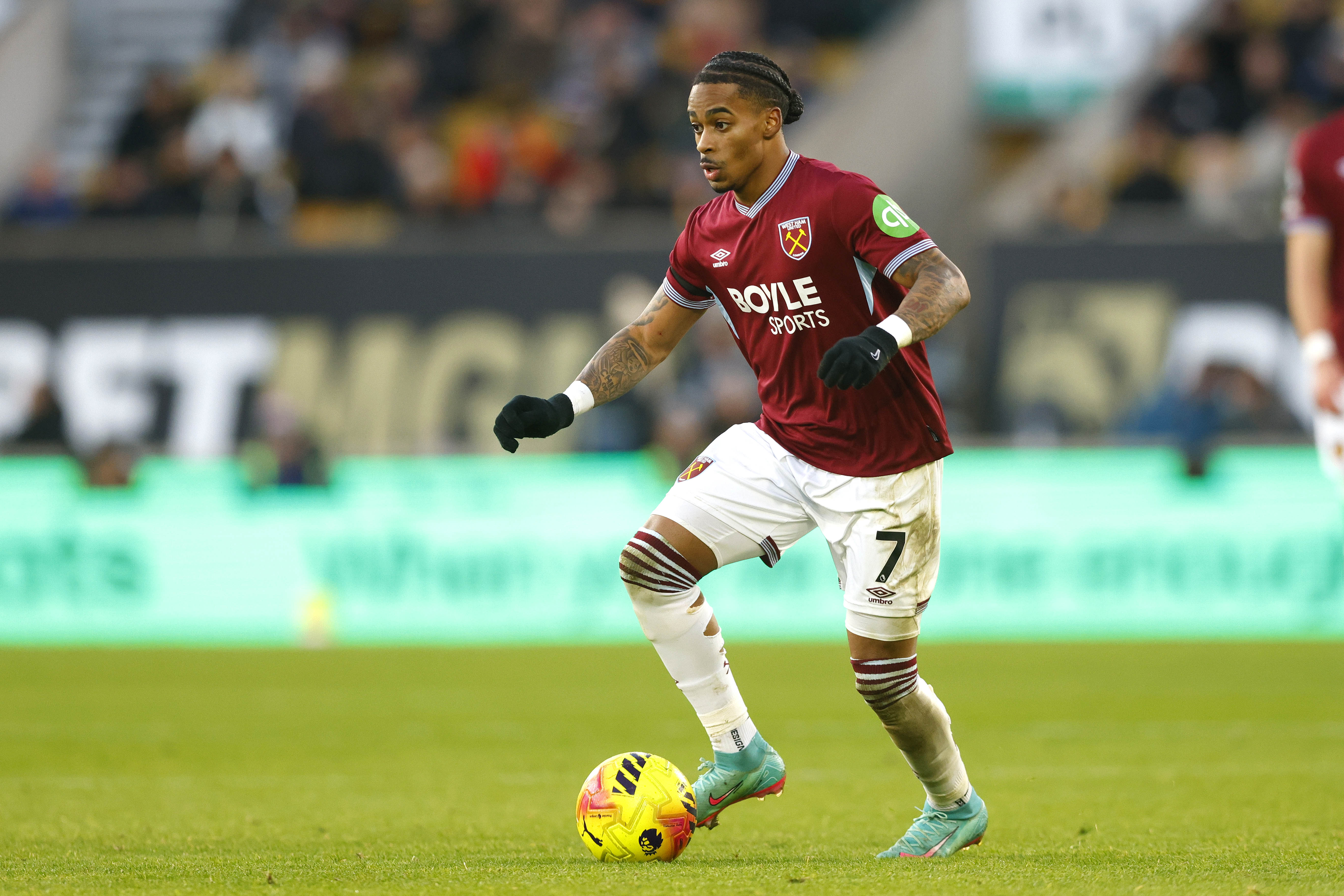Arsene Wenger: Q&A
"Van Persie, Song, Fabregas and Nasri? They all left at the wrong time..."

How has your role at the club evolved since you started all those years ago?
I have slowly become more involved in transfers and in the strategy of the club. When you arrive as a foreign manager you need to convince people that you are capable, especially at a big club like Arsenal. Previously, I had always been involved in the decision to buy players, and so when I arrived I did that with David Dein and now I do so with Ivan Gazidis.
Do you see yourself as a guardian figure?
A little bit: I feel responsible for the evolution of the club. When you’ve been here for 16 years, you’re part of the history and the guy who is responsible for the values that the club wants to show in all aspects of daily life. For example, if a manager changes every two years and the players stay for 10 years, the player will always have a greater influence. If a manager stays at a club for 15 years, he is a "memory" of the club. It gives you a kind of authority, because people respect the way you behave and the way you do things.
How would you sum up the values of Arsenal Football Club?
First of all, this club has always been respectful of its tradition. Respect is certainly one of the big aspects of this club, as well as courage. I think the club was brave to appoint me, because there wasn’t a long history of successful managers from abroad. This club has always been innovative; we built training grounds before anybody, including our new stadium. We’ve brought young players in from abroad and developed a unique style of play. We’ve also created football schools all over the world.
Bravery and innovation go hand in hand, especially when you have to persevere with what you believe in...
You can only be good in life if you do what you believe is right. We have always managed the club with its own resources, given a chance to young players and developed a style of play that we think is right. After it works, it gives us a consistency at the top level that develops a sense of trust. We may have a lack of experience in winning trophies recently, but we’re always at the top and very close to winning the championship or winning the Champions League.
Has there ever been a time where you have felt under pressure or almost felt yourself wavering?
I always feel under pressure to deliver, always. You can only be successful if you question yourself, because the game has become bigger and better. With teams like Chelsea and Man City coming in, I think we have to do what we do even better.
You’re from a financial background. Do you enjoy this as much as what goes on the pitch?
No not all, I love football. The fun is on the training pitch.
How have Barcelona raised the bar over the last six years or so? Do you aspire to them?
Barcelona raised the bar with an unparalleled level of intellectual technique. They have been the best in the world for the last three or four years and of course, you always want to be better than the best. That’s what we must work towards.
The best features, fun and footballing quizzes, straight to your inbox every week.
What are your proudest achievements at the club after all these years? What are the moments you remember most fondly?
Winning the championship with an unbeaten record and perhaps winning my first title at the club. I think the real achievement is going the entire season unbeaten: nobody else has done it since.
What is your relationship like with other managers?
It’s a bit more peaceful nowadays because I’ve managed to control myself and I don’t want to get into heated confrontations. However, it can still happen, because I'm so buoyant inside and sometimes it is impossible to control your emotions.
Is that something that comes with age?
No, I think it's experience. There’s a difference between age and experience. For me, I have a desire to be efficient and am therefore perhaps more capable of controlling my emotions.
What about your dealings in the transfer market: what’s the secret of your success?
A good scouting network and giving people a chance. It’s important to integrate them into the first team, so you can give them the best coaching.
What are your thoughts on the future of the Premier League? Do you think it's destined for some sort of Super League?
It could happen, but I hope not. I don’t feel that the football world is ready for that because you are creating two divisions within your own country, and that already exists. It could also kill the local fanatical support: the big game at the weekend still creates excitement and tension for the community. I find that’s part of the fun in this country.
There’s always discussion about players that have left and the timing. Do you look back on any of those and think maybe they left at the wrong time?
They all left at the wrong time! [Laughs]
Has the decision always rested with you?
Yes, I have made the decision many times, but with Patrick Vieira and Thierry Henry they played for many years at the club and when they near the age of 30, you decide to do it. But in the recent times we have lost them earlier in their career. Over the past two years we’ve lost Robin van Persie, Alex Song, Cesc Fabregas and Samir Nasri. That’s a lot of potential, so of course that is a worry.
Are you confident you can stop that happening?
I think we’ll stop that happening because we have a good young generation of English players coming through and we’ll try to build the team around them. I’m confident they will stay and commit to the club. My regret is that we already had great teams in place that could compete at the top. You could feel that the potential was there, but now it feels like we’re starting again and it’s frustrating.
What about your vision for the next five or 10 years?
My vision is to continue to produce a large majority of the players from within the club. I want to buy players who can bring top-class pedigree from outside, but I think our target is to produce players who integrate into our style of play.
Is there a lot of pressure on the scouting network?
Massive pressure, but we already have great players. For example we have Theo Walcott, Alex Oxlade-Chamberlain, Jack Wilshere, Kieran Gibbs and Carl Jenkinson. These are a bunch of players at a very young age who can produce at the highest level.
Is there more to come?
There's more to come.
Interview: Sam Delaney, Portraits: Shamil Tanna, November 2012. This is online-exclusive material, but the January 2013 issue of FourFourTwo went behind the scenes at Arsenal, speaking to the men that matter as they reveal their masterplan for success at home and abroad, including Arsene Wenger, Ivan Gazidis, Thomas Vermaelen, Santi Cazorla, Kieran Gibbs, Ken Friar OBE and Liam Brady.
